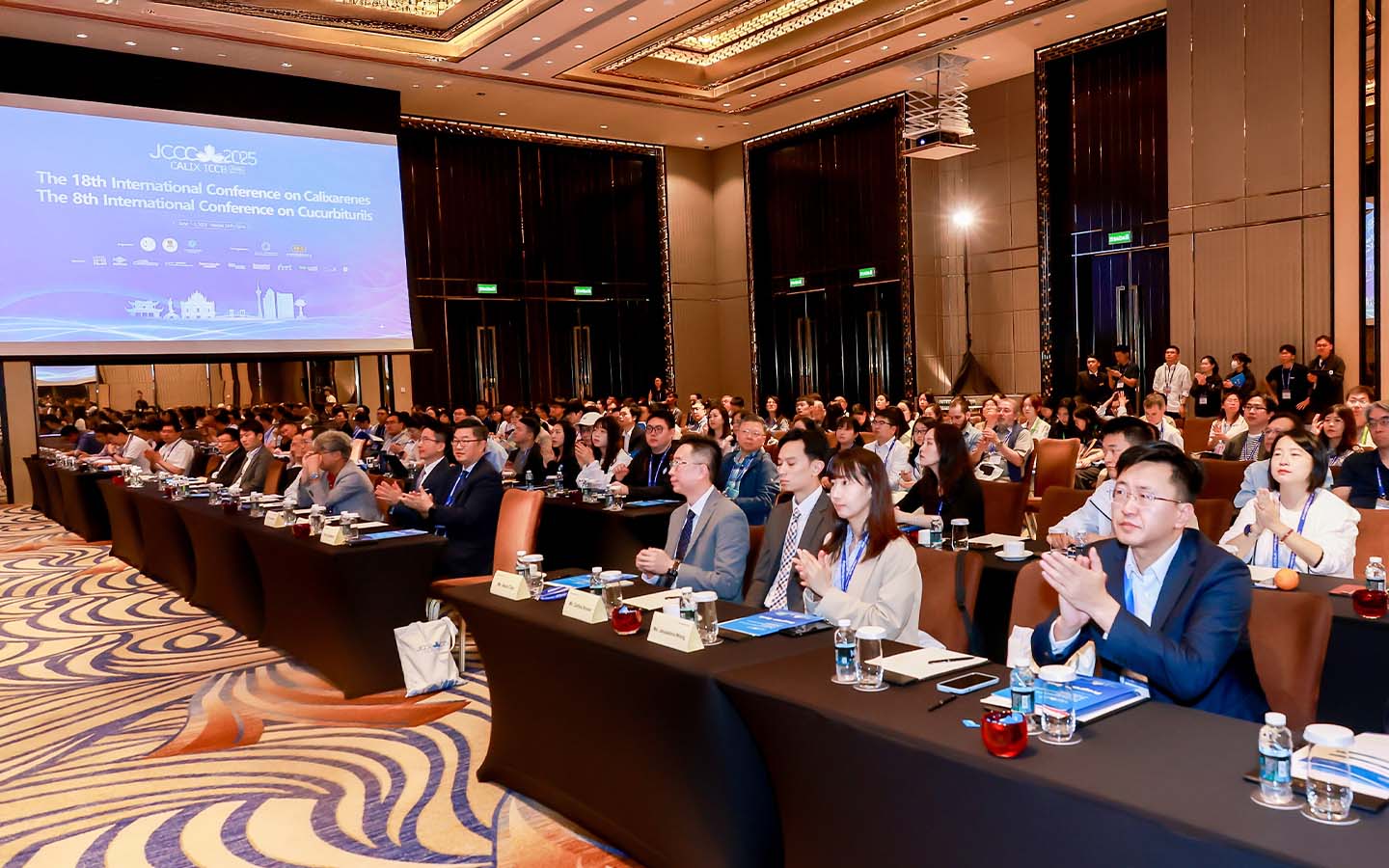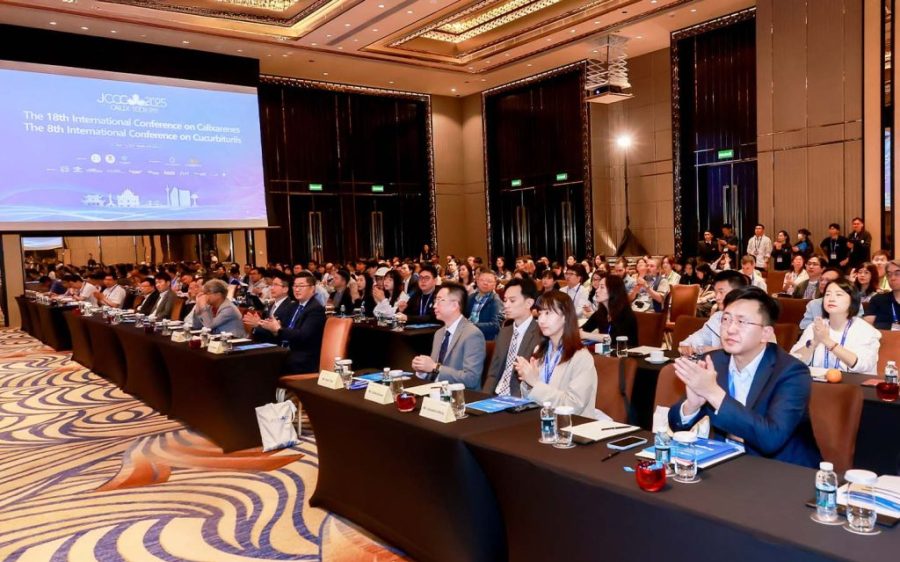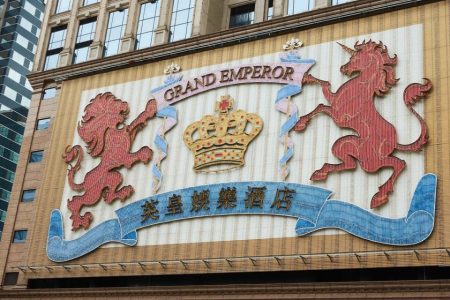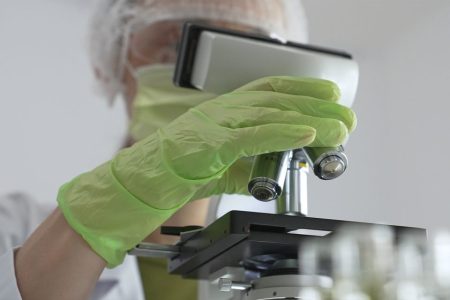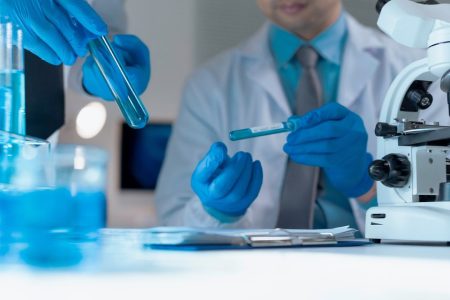Strengthening academic collaborations and building common interests are essential pillars for the future of science, says Ruibing Wang, University of Macau (UM) professor and chair of JCCC 2025 – the joint 18th International Conference on Calixarenes and the 8th International Conference of Cucurbiturils, held at Studio City Macau this week.
The gathering was jointly organised by UM, the Macau Society of Supramolecular Chemistry and Biomaterials (MSSCB) and the Science and Technology Development Fund (known by the Portuguese abbreviation FDCT).
Offering an open forum to discuss and exchange ideas about the synthesis and properties of calixarenes (a special type of molecule that can capture or carry other molecules, making it important in fields like drug delivery), cucurbiturils (a related type of molecule that can also hold other molecules), and other macrocycles (molecules with a ring-shaped structure made up of at least 12 atoms), the JCCC 2025 meeting brought together field experts from top universities to explore their emerging applications in fields such as biomedical, pharmaceutical, and materials science.
“Wavering commitments to clinical research highlights the increasing importance for scientists to participate in international academic forums, not only to showcase their findings, but to also maintain and expand their professional networks that can drive scientific developments further,” Wang explained on the sidelines to Macao News.
Promoting science in Macao and beyond
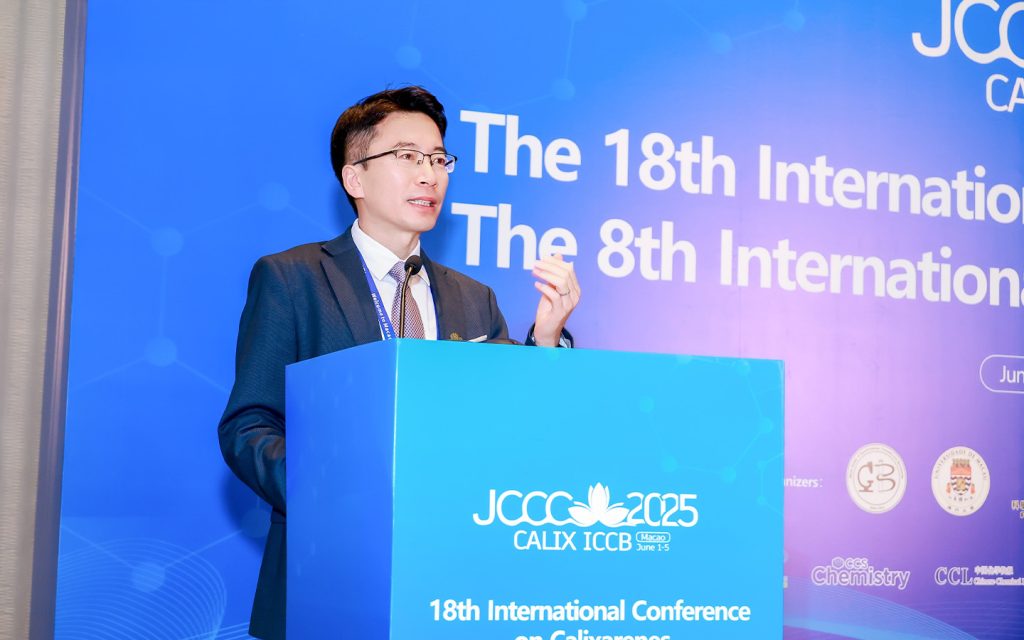
Hosting the supramolecular symposium speaks volumes for Macao. Previously held in Tel Aviv back in 2023, the JCCC 2025 summit attracted around 300 delegates from over two dozen countries and regions, with roughly 100 travelling from outside Greater China, many visiting Macao for the first time – helped in part by the more than eighty nationalities that can enter the city visa-free.
In addition to over forty keynotes and sixty lectured topics, JCCC 2025 featured more than 60 scientific research summaries (submitted as posters) submitted by PhD and postdoctoral students from across China, as well as those in Israel, Germany, and Portugal.
“The convention has been a great opportunity to share our drug delivery breakthroughs with the larger scientific community,” shared Tianshun Duan, a PhD student from the University of Macau.
“Because a significant amount of time is spent inside the laboratory, it’s hard to reach out and find other academics working on similar projects – a conference like this allows our team to meet and expand the lab’s collaboration which can assist in the research,” Duan added.
To encourage the participation of younger scholars, JCCC 2025 awarded two outstanding international student scholarships for presentations that were submitted from outside the Greater China region, along with three best oral presentation awards and ten poster awards, representing the highest number of recognitions given out in JCCC history, according to UM’s Wang.
Macao’s dedication to international collaboration was highlighted by the FDCT discussing two unique funding schemes during the symposium.
The first was the Joint International Funding Program, which is already linked with Fundação para a Ciência e a Tecnologia in Portugal and Fundação de Amparo à Pesquisa do Estado de São Paulo in Brazil, and one between the Macao government and the French government.
The FDCT also discussed parameters for international collaborative projects, providing a subsidy amount of up to 5 million patacas, with a maximum amount of 40 percent allocated to partner institutions, pending eligibility determined by international ranking. This scheme represents a watershed moment, Wang said, underscoring the fund’s commitment to supporting Macao’s scientific endeavours as well as its engagement with their global collaborations.
